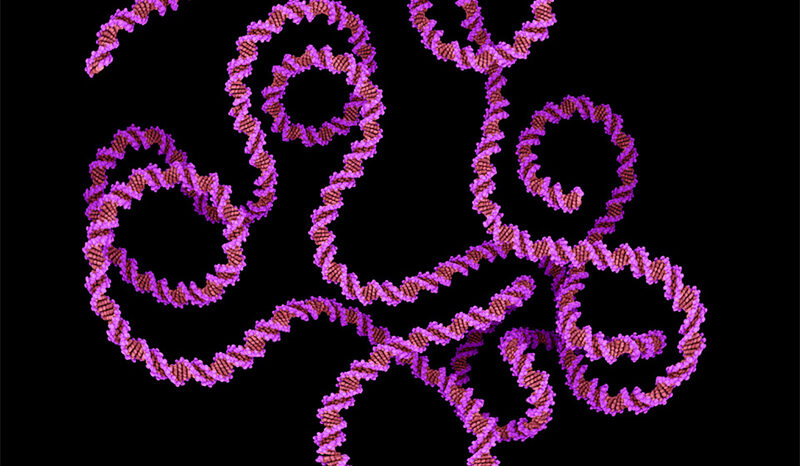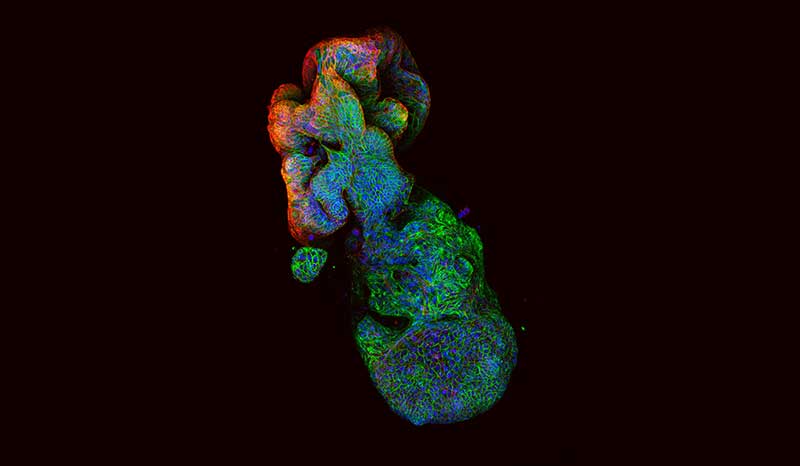Orchard SG, Polekhina G, Zalcberg J, Bernstein W, Macrae F, Tie J, Gately L, Mar V, Millar J, Rodriguez LM, van Londen GJ, Kent A, Hiscutt E, Ong WL, Warner ET, Ford L, Umar A, McNeil JJ, Nelson M, Stocks N, Shah RC, Kirpach B, Murray A, Woods RL, Ryan J, Wolfe R, Gibbs P, Chan AT. Cancer Incidence and Mortality With Aspirin in Older Adults. JAMA Oncology. 2026;12(3):10.1001/jamaoncol.2025.6196
Chow KVC, Conduit C, O’Haire S, Kuchel A, Wong S, Grimison P, Weickhardt A, Pranavan G, Lynam J, Bastick P, Goh J, Sengupta S, Smith A, Liow E, Campbell D, Wong M, Zlatic K, Gibbs P, Tran B, Gan CL. Extracranial, Extragonadal Germ Cell Tumors: A Multicenter Australian Case Series. Asia-Pacific Journal of Clinical Oncology. 2026;:10.1111/ajco.70083
Debele GR, Davoodian N, Lotfaliany M, Wolfe R, Berk M, Tonkin AM, Gibbs P, Zhou Z, Woods RL, Orchard SG, Ekram ARMS, Murray AM, Nelson M, Millar JL, Kent AR, Ong WL, Reid CM, Shah RC, Chan A, Clayton-Chubb D, Zoungas S, McNeil JJ, Mohebbi M. Association between statin use and risk of incident cancer in healthy older adults: a target trial emulation using data from a multicentre, randomised trial of community-dwelling older adults in Australia and the USA. EClinicalMedicine. 2026;91:10.1016/j.eclinm.2025.103746
Anton A, Joung JY, Han H, Kanesvaran R, Weickhardt AJ, Wong SSL, Azad A, Shapiro J, Brown S, Goh JCH, Parente P, Oliveira N, Torres J, Liow ECH, Smith A, Steer C, Gibbs P, Tran B. 503P Treatment intensification in metastatic hormone sensitive prostate cancer (mHSPC), real-world adoption of combination therapies in Australia and Asia. Annals of Oncology. 2025;36:10.1016/j.annonc.2025.10.398
Thao LTP, Nguyen T-L, Singh J, Byars SG, Bick AG, Ford L, Gibbs P, McNeil JJ, Murray AM, Orchard SG, Phung J, Umar A, Wood EM, Woods RL, Lacaze P, Chan AT, Curtis DJ, McQuilten ZK, Wolfe R. Low-Dose Aspirin for Individualized Cancer Prevention in Older Adults. JAMA Oncology. 2025;11(11):10.1001/jamaoncol.2025.3593
Hayat F, Chiu S, Stuart A, Lee B, Gibbs P, Johns J, Thomson B, Wong R, Lee M, Nikfarjam M, Shapiro J, McLachlan S-A, Chee CE, Zielinski R, Tai D, Pattison S, Caird S, Wong ZW, Cooray P, Underhill C, Roy A, Nagrial A, Goldstein D, Paul C, Day F. Effects of current smoking on treatment outcomes in metastatic and locally advanced pancreatic carcinoma: a retrospective cohort study using the international PURPLE pancreas cancer registry. Journal of Gastrointestinal Oncology. 2025;16(5):10.21037/jgo-2025-186
Shah J, Dunn C, Kim GY, Gibbs P, Gately L. Evaluating current quality indicators used in the care of adult patients with glioblastoma: A scoping review of the literature. Neuro-Oncology Practice. 2025;12(5):10.1093/nop/npaf037
Parathan P, Tran K, Neil L, Tan T, Carli ALE, Liao Y, Mouradov D, Da Gama Duarte J, Huber A, Pal B, Gibbs P, Sieber OM, Chiu IM, Kearney CJ, Shi W, Mariadason JM, Williams DS, Buchert M, Mielke LA. Sensory neuropeptide CGRP and its co-receptor RAMP1 drive tumour cell growth in gastrointestinal cancers. BMJ Oncology. 2025;4(1):10.1136/bmjonc-2025-000842
Gibbs P, Abubaker K, Wang D, Feng Z, Hamad J, Liao J, Stroh C, Vlassak S, Heinrich K, Khattak A, Scheuenpflug J. Clinical Impact of Sub-Clonal RAS/BRAF Alterations in Liquid Biopsies From Patients With Advanced or Metastatic CRC. Clinical Colorectal Cancer. 2025;24(3):10.1016/j.clcc.2025.03.004
McKenzie J, Wong V, Mendis S, Wong R, Kosmider S, To YH, Nott L, Shapiro J, Torres J, Lee B, Jalali A, Lim SH-S, Caird S, Khattak A, Gibbs P. Exploring Real-World Outcomes of First Line EGFR Inhibitor Use, Cetuximab Versus Panitumumab, in Patients with Left-Sided, RAS Wild-Type, Metastatic Colorectal Cancer. Clinical Colorectal Cancer. 2025;24(3):10.1016/j.clcc.2025.04.001






